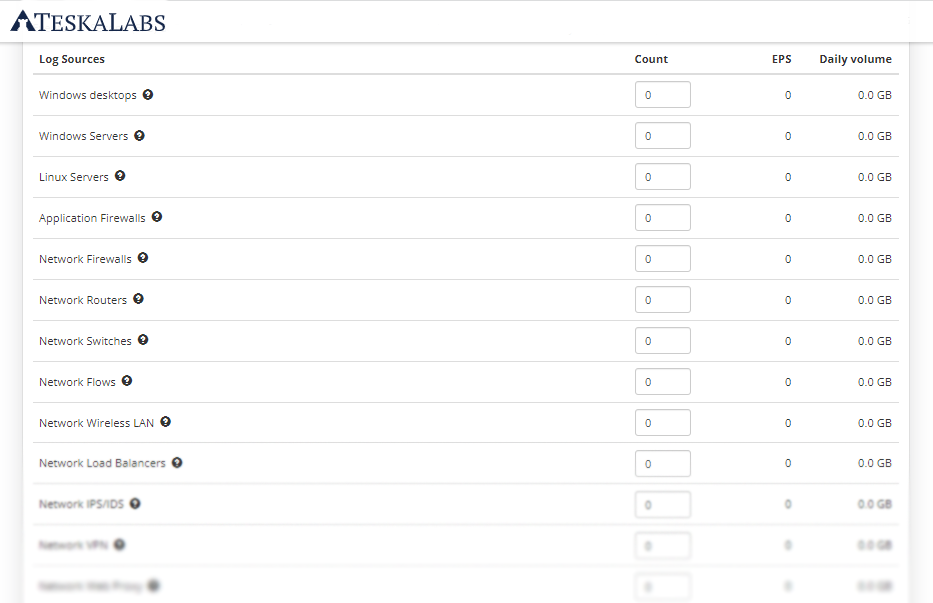Having a Field Day with Your Android Apps? So Do Cyber Criminals!

You love your Android phone and you love to go to the Play Store and download exciting new apps. You have also been through the Crazy Birds obsession and the Candi Crush mania. But do you know that your Android phone is not secured against the smartest of breaches: mobile app hackers. Before we go ahead and explain the intensity of this threat to mobile apps, especially Android apps, let’s have a look at the facts and figures, reported by Arxan, regarding mobile app hacks:
- 97% of top 100 paid Android apps have been hacked.
- 87% of top 100 paid iOS apps have been hacked.
- 80% of popular free Android apps have been hacked.
- 75% of the popular free iOS apps have been hacked.
and more 97% of top 100 paid Android apps have been hacked. 87% of top 100 paid iOS apps have been hacked. 80% of popular free Android apps have been hacked. 75% of the popular free iOS apps have been hacked.
These facts and figures are horrifying. What we once considered a safe way of computing, exchanging information and thoughts and communicating with others, has turned out to be totally vulnerable to security threats like mobile app breaches. Our intention is not to frighten you, but reality is harsh. The oh so glorious Google’s Android OS is not safe. What if we tell you that an app that you have on your Android phone, is likely to be a fake, produced by some smart cybercriminals? After Google decided to transform the Android Market into Google Play, such criminals have great fun producing fake apps. Even Google Play is compromised, what do you expect from Android apps on your phone?
What to do? One option might be to live in a layman’s Utopia and believe that malwares and hacking are only for computers, and that your smart phone is immune. Another option, and a smart one, is to consider a security plan against mobile app hacking. When we talk about the security of apps on your mobile phone, specifically for an Android phone, the security can be provided at three different levels. One layer of protection is on device level; it varies from device to device and approach focuses on the device and not the operating system, let alone the vulnerable apps. Another layer of security is on the operating system level. This may vary from iOS to Android, but again the vulnerability of apps is not fully addressed in this type of security doctrine. A whole new level of security is at the application level. There are different types of apps in a mobile phone. We are not discussing the difference due to their functions e.g. fun, games, entertainment or communication but by the difference design of the apps. The more important apps are the custom apps presented in every Android phone. Just imagine if someone successfully infiltrates into your Gmail app? Your personal correspondence and financial communication would be at the mercy of a vicious stranger.
You need maximum security, and that can only be ensured with the help of a reliable tool to provide security on the application level. This type of security ensures that you get strong protection against app hacking attempts and keep your financial and personal details safe.
Enjoy using certain custom and downloaded apps on your Android phone all you want, but bear in mind the importance of maximum app security.
Want to make sure that your Android is secured? Get in touch info@teskalabs.com or tweet us @TeskaLabs.
Photo: Shareasimage
Most Recent Articles
You Might Be Interested in Reading These Articles

Industrial IoT Security: Cyber Security Implications for IT-OT Convergence
In June 2017, two information security firms researching the 2016 hack of the electricity grid in Ukraine announced that they had identified the malicious code used to shut down power stations and leave thousands of households and businesses in darkness for several hours. The malware used to target the Kiev power grid has been named Industroyer, and it serves as a sobering reminder about the dangers faced by the Industrial Internet of Things (IIoT).
Published on September 05, 2017

Snap to It: Mobile Secure Gateway Is In Your Future
The enterprise world is changing. In the past, enterprises built their IT infrastructure as isolated data fortresses and did everything they could to prevent outsiders from accessing their data. But now they need to open that fortress to allow communication via mobile technologies. And this hole is where hackers strike.
Published on July 07, 2015

How big Log Management or SIEM solution does your organization need
Calculate size of IT infrastructure and how much EPS (Events Per Second) generates.
Published on December 15, 2021